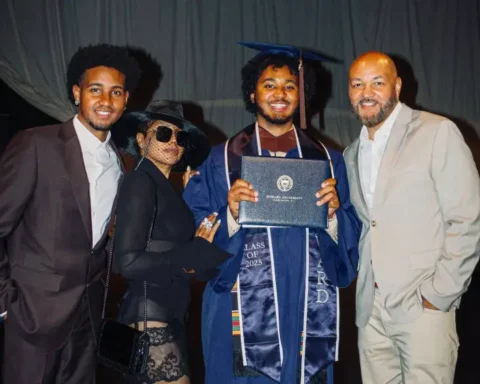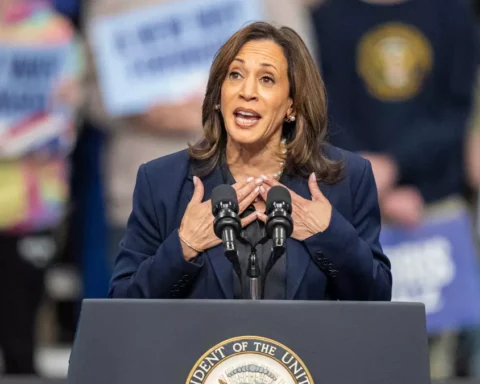By Danelle Holley-Walker
On June 24, the United States Supreme Court decided the case of Dobbs v. Jackson Women’s Health Organization. The Supreme Court upheld a Mississippi law that banned abortions after 15 weeks of pregnancy, with no exception for rape or incest. In upholding the Mississippi law, the Supreme Court overturned one of the most famous Supreme Court precedents, Roe v. Wade (1973). Roe v. Wade was a half-century old opinion that established that our Constitution protects a woman’s right to privacy to have an abortion, restricting the ability of states to place an undue burden on that right.
What does the Dobbs case mean for everyday people?
It means that the United States Constitution no longer provides any protection for people seeking abortions, so states are free to make laws that completely restrict or severely limit the ability of women to get abortions in that state. It is expected that 26 states may end up passing laws that almost completely outlaw abortions. Thirteen states have what are known as “trigger” laws, laws that immediately went into effect after Roe v. Wade was overturned. Since Friday, eight states have banned abortion all together. In Virginia, the governor is already seeking to ban abortions after 15 weeks of pregnancy.
What will be the impact on women’s health?
Most experts are predicting widespread confusion and chaos around women’s reproductive choices. Some women in states that ban abortions will likely seek to travel to other states to receive the procedure. Some states enacting abortion bans may now attempt to criminalize abortion, seeking to criminally punish abortion providers and the women seeking medical care. Meanwhile, lawsuits have commenced in Louisiana, Utah and other states about the legality of the new state anti-abortion measures.
Why are people talking about other rights like same-sex marriage?
In the Supreme Court’s opinion, they stated that abortion is not protected under the federal Constitution because the word abortion does not appear in the text of the Constitution. The court also challenged the notion of “substantive due process” under the due process clause of the 14th Amendment. The concept of substantive due process has supported the constitutional protection for contraception, same sex intimacy and same sex marriage. Justice Clarence Thomas in his concurring opinion in Dobbs specifically stated that the Court should re-examine cases where rights to contraception, same sex intimacy and same sex marriage were found to be protected under the Constitution.
What is the future for women’s reproductive freedom in the United States?
This will become a political fight at the federal level and in every state. There are calls for Congress to pass a bill that would protect abortions at the federal level. Advocates for reproductive freedom and justice are also calling for a focus on “flipping” state legislatures to elect officials who support reproductive rights.
I believe that a woman’s ability to control her own reproductive health and make choices about when she becomes a mother is vital to a woman’s equal citizenship in any society and that reproductive freedom is a basic human right. As the dissent in Dobbs stated, “Whatever the exact scope of the coming laws, one result of today’s decision is certain: the curtailment of women’s rights, and of their status as free and equal citizens.” Advocates for women to be free and equal citizens in the United States should work to protect reproductive freedom at the state and federal level. That work continues.





